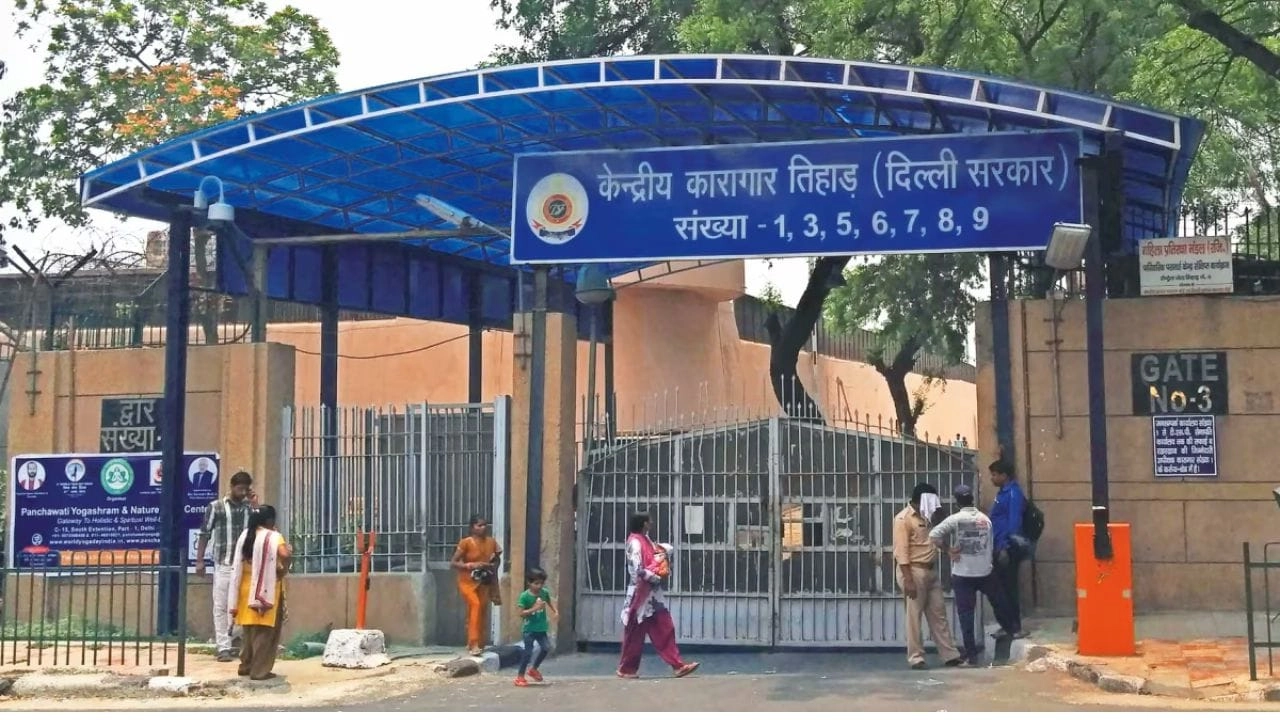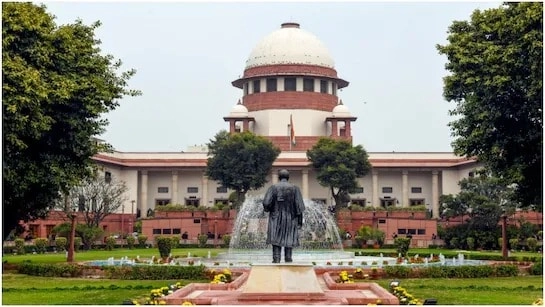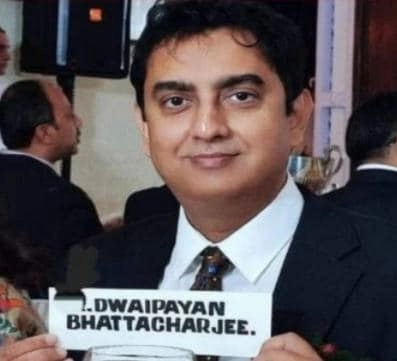A plea has been filed seeking the removal of the graves of Afzal Guru and Maqbool Bhatt from the premises of Tihar Jail in Delhi. This request underscores the ongoing tensions surrounding the legacies of these two figures, who have been central to discussions about terrorism, national security, and the treatment of dissent in India. Afzal Guru was convicted for his role in the 2001 Parliament attack, while Maqbool Bhatt was a prominent separatist leader who was executed in 1984 for his involvement in militancy. Their graves have become sites of contention, symbolizing differing perspectives on justice, martyrdom, and the struggle for rights and autonomy in Kashmir.
The petition argues that the presence of their graves within the jail premises is inappropriate and sends a message that could be interpreted as glorifying terrorism. Advocates for the removal believe that the graves should not be a part of a facility that represents law and order, as it could be seen as an affront to the victims of their alleged actions. Supporters of the plea claim that maintaining these graves in such a location undermines the narrative of justice that the state seeks to promote. They argue that the graves should be relocated to ensure that the memory of these individuals does not conflict with the state’s commitment to upholding law and order.
On the other hand, critics of the plea argue that removing the graves could be viewed as an attempt to erase history and suppress dissenting voices. For many, Afzal Guru and Maqbool Bhatt are seen as martyrs who stood against what they perceived as state oppression, particularly in the context of Kashmir. Their graves have become symbols of resistance for some communities, and removing them could provoke further unrest and resentment. This situation highlights the complex interplay between memory, identity, and politics in India, particularly in relation to issues surrounding Kashmir and the broader implications for civil liberties.
As the legal proceedings unfold, the case will likely draw significant attention from various stakeholders, including human rights organizations, political groups, and the general public. The outcome of this plea could have far-reaching implications, not only for how the state remembers and commemorates controversial figures but also for the ongoing discourse about justice, reconciliation, and the rights of individuals in a diverse society. The debate surrounding the removal of the graves encapsulates the broader struggle over narratives of nationalism, resistance, and the meaning of justice in contemporary India.




